2010 The University of North Carolina Press
All rights reserved
Set in Matthew Carter's Miller typefaces
by Tseng Information Systems, Inc.
Manufactured in the United States of America

The paper in this book meets the guidelines for permanence and durability of the Committee on Production Guidelines for Book Longevity of the Council on Library Resources.
The University of North Carolina Press has been a member of the Green Press Initiative since 2003.
Library of Congress Cataloging-in-Publication Data
Gruber, Ira D.
Books and the British Army in the age
of the American Revolution / Ira D. Gruber.
p. cm.
Includes bibliographical references and index.
ISBN 978-0-8078-3378-0 (cloth : alk. paper)
1. Great Britain. ArmyOfficersBooks and reading.
2. Great Britain. ArmyOfficersHistory18th century.
3. Books and readingGreat BritainHistory18th century.
4. United StatesHistoryRevolution, 17751783British forces.
5. Military art and scienceGreat BritainHistory18th century.
I. Title.
DA67.G83 2010
355.00941'09033dc22
2010014221
14 13 12 11 10 5 4 3 2 1
Preface
This is a book about booksthe books that shaped the British army in the age of the American Revolution. Although historians have understood that books were important to the eighteenth-century British army and its officer corps, they have never studied comprehensively the books on war that mattered most to the army and its officers in the age of the American Revolution. This book attempts to do just that. It is based on the careers and preferences of some forty-two officers who served Britain between the wars of Louis XIV and the French Revolution and who left records of the books that they owned, bought, read, recommended, and wrote. These officers had literally hundreds of books on war to choose among: histories, biographies, and memoirs; treatises on artillery and military engineering; classics of the ancient world; and essays on the art of warto say nothing of regulations for drill, lists of officers, compilations of maps and plans, and books on such disparate topics as the laws of war and military medicine. What then were our officers preferences? How did their preferences change across time? And what can their changing preferences tell us about the lives they led and the wars they waged?
The books on war that our officers valued most can tell us about the eighteenth-century British army, its officer corps, and the history of warfare. Those books can help us understand not only how successive generations of British officers remembered the wars they had fought and prepared for wars to come but also how they shaped their careers in the army and adapted to shifting currents in warfare. How, for example, did they explain their failures in the War of the Austrian Succession? How did that explanation affect their preferences for books? And how, in turn, did books shape their attitudes toward themselves and their conduct in the ensuing Seven Years War and War for American Independence? In short, knowing what books British officers preferred from one era to another allows us to get a better understanding of the army, its officer corps, and the history of warfareespecially, the Military Revolution, the eighteenth-century military Enlightenment, the beginnings of a profession of arms, and the development of the art of war in the age of the American Revolution.
In studying these forty-two officers and identifying the books they preferred and neglected, I have had the help of many booksellers, cataloguers, soldiers, and scholars. The eighteenth-century booksellers who inventoried libraries often provided remarkably complete and accurate records of the books that officers owned: the author and title, the place and date of publication, and sometimes even the editor or translator. Such complete entries have helped not just in assembling a composite list of books that officers preferred but especially in deciphering fragmented references to books in other sources: in officers reading notes and manuscript lists, in their orders to booksellers, and in the footnotes and marginalia of books they wrote. Even so, many abbreviated references to books would have defied decryption without the help of such online databases as WorldCat and the British Library Public Catalogue, databases that have been developed over the past thirty years but have only recently become rich enough to sustain searches for the most obscure titles or fragments of titles. Beyond that, it would not have been possible to get an understanding of the books that our forty-two officers neglectedto explore systematically eighteenth-century advertisements for books on warwithout the help of an exceptionally strong collection of early modern books on war, the kind of collection that exists in the United States only at the Anderson House Library of the Society of the Cincinnati in Washington, D.C.
Indeed, the Society of the Cincinnati has been indispensable to the preparation of this book. Scholars such as Alan C. Aimone, Mark Danley, Alan Guy, J. A. Houlding, Peter Paret, Clifford J. Rogers, Arlene and John Shy, John Tottenham, Samuel J. Watson, and the late Don Higginbotham and William L. Willcox have contributed to my understanding not only of the Military Revolution, military professionalism, and the eighteenth-century art of war but also of British officers and their libraries. So too have archivists and librariansparticularly, John Dann of the William L. Clements Library at the University of Michigan; Norman Higson of the Hull University Library; Melinda Flannery and Lee Pecht of the Fondren Library, Rice University; and Glenise Mathieson of the John Rylands University Library of Manchester. But no one has been more intimately involved with this book than the members and staff of the Society of the Cincinnati. The Society has brought together and opened for scholarly research the finest collection of eighteenth-century books on war in the United States. It has further encouraged historical research through grants to scholars, the annual George Rogers Clark Lecture, and support of occasional publications. Dr. David F. Musto, chair of the Society's History Committee, and William Greer, the Society's most passionate bibliophile, have been particularly generous to me. Musto invited me to give the Clark Lecture in 2002 and agreed subsequently to support, in part, the publication of this book; and Greer encouraged my research and expanded my understanding during each of my visits to Washington. Ellen McCallister Clark, currently director of the Anderson House Library, and Julia Blakely, collections development librarian from 2001 to 2005, worked assiduously to acquire the titles that my officers preferred and to open the Society's collections for my researchto allow me to compare editions of the most important books and to search, altogether, nearly four hundred eighteenth-century books on war. Finally, Sandra Powers, director emerita of Anderson House Library, supported this project from its inception: identifying some of the most obscure titles in the officers records, checking all of the entries in Parts II (Books Preferred) and III (Books Not Taken), and reading critically the remainder of the text. I am especially grateful to her and to William Greerwonderfully well-informed and enthusiastic supporters of this foray into eighteenth-century books on war.


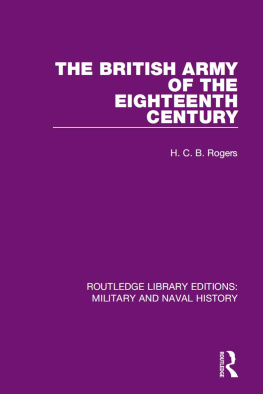
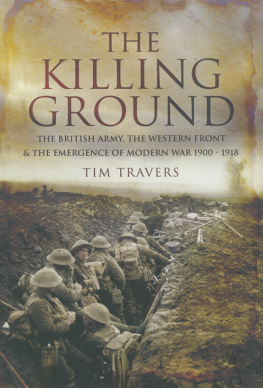

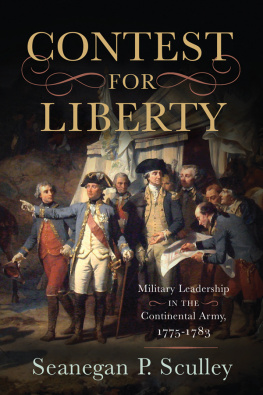
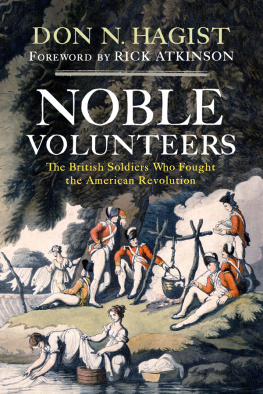
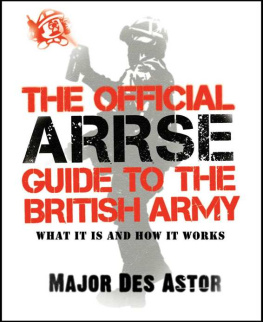

 The paper in this book meets the guidelines for permanence and durability of the Committee on Production Guidelines for Book Longevity of the Council on Library Resources.
The paper in this book meets the guidelines for permanence and durability of the Committee on Production Guidelines for Book Longevity of the Council on Library Resources.